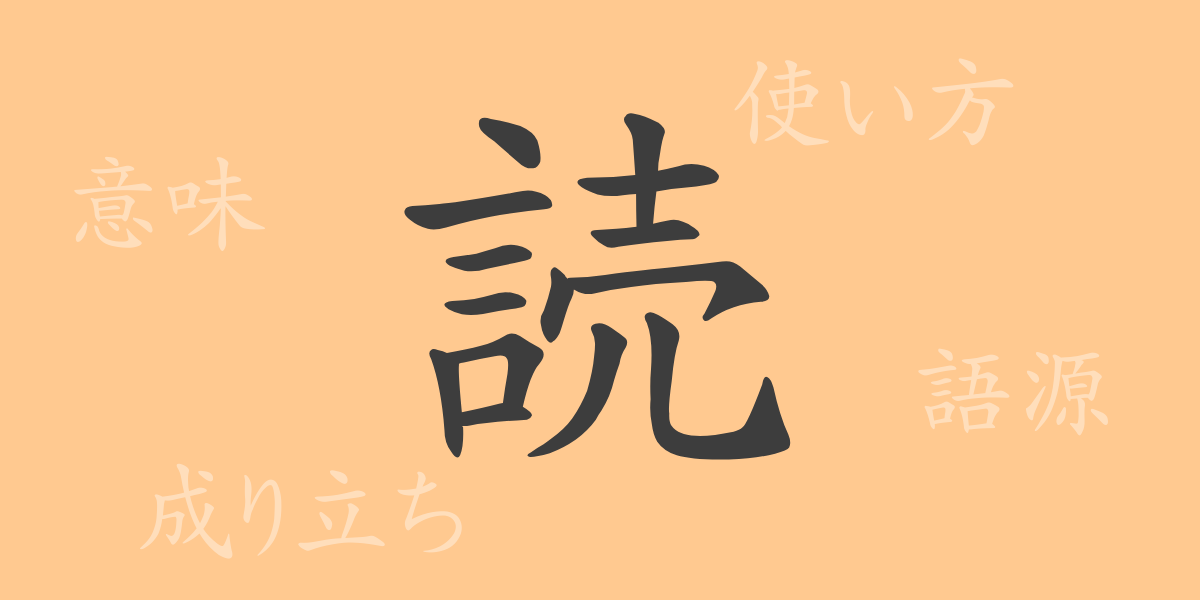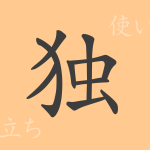In the depths of the Japanese language, a single character can hold immense power. Among these, ‘読 (よみ)’ is deeply ingrained in our lives as a means of absorbing knowledge and sharing information. This article delves into the mystique of the Kanji ‘読’, exploring its origins, meaning, usage, pronunciation, and the phrases and idioms that encompass it, unraveling the world of this one character.
Origins of ‘読 (よみ)’
The Kanji ‘読’ evolved from ancient Chinese pictographs. Originally, it depicted the act of speaking words aloud, and over time, it came to mean reciting written words aloud. This character symbolizes the act of conveying and inheriting knowledge and information through words.
Meaning and Usage of ‘読 (よみ)’
‘読’ primarily means ‘to read,’ but it also encompasses ‘to interpret,’ ‘to read thoroughly,’ and ‘to read aloud,’ referring to various acts of acquiring information. Metaphorically, it is used to express ‘reading a situation,’ indicating the sense of judging circumstances.
Pronunciation, Stroke Count, and Radical of ‘読 (よみ)’
The Kanji ‘読’ is complex both in its variety of pronunciations and the intricacy of its form.
- Pronunciation: On’yomi ‘ドク’, ‘トク’, Kun’yomi ‘よむ’
- Stroke Count: A total of 14 strokes.
- Radical: The radical is ‘言’, related to words and speech.
Phrases, Idioms, and Proverbs Using ‘読 (よみ)’
There are numerous idioms and proverbs that include ‘読’, enriching the Japanese language. For instance, ‘読書 (どくしょ)’ refers to reading books, ‘読解 (どっかい)’ means to read and understand text, and ‘一読の価値あり’ suggests something is worth reading at least once. ‘空気を読む’ implies the ability to discern the mood or situation of the moment, and ‘読み手’ means the reader of a text or book.
Conclusion on ‘読 (よみ)’
The character ‘読’ extends beyond the mere act of scanning text with the eyes, embodying deep significance and importance. It not only represents reading as a way to acquire information but also wisdom in judging situations and insight in communication. The idioms and phrases derived from ‘読’ symbolize the richness of Japanese and the intelligence conveyed through language. How we choose to utilize ‘読’ in our daily lives is a decision left to each of us.

























